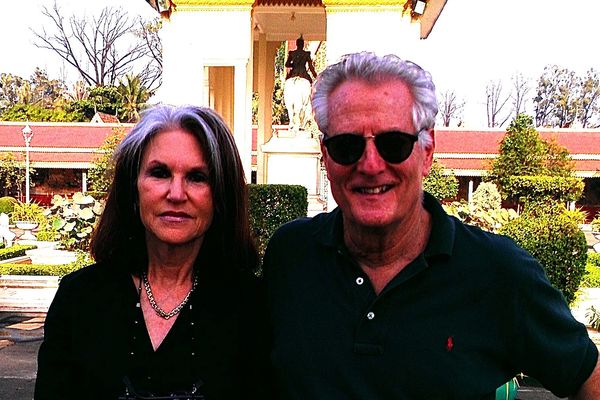As I've interviewed women across the country and in many different fields for our podcast, The Fullness of Midlife, a couple of themes recur. One of them is self-care, which I've discussed with a yoga instructor, a health sciences researcher and a cardiologist, among others. If you're on social media, you likely see lots of posts with the #selfcare tag—everything from skipping work to training for a marathon seems to qualify.
So, what is self-care, really? It's being intentional about doing something you know will preserve or improve your mental, emotional and physical health. When done right, self-care reduces stress and enhances quality of life. Self-care will vary a great deal from person to person, age to age, and even day to day.
Read about one woman taking small self-care steps to heal her mind, body and soul.
What I've noticed in my friends and patients is that midlife women resist self-care, often because they see it as selfish. Self-care involves checking in with yourself and asking, "What am I feeling?" and "What do I need?" when many women are more accustomed to asking, "What is my child (or spouse or parent or colleague) feeling and what do they need, and how can I meet that need?"
I encourage my patients to think of self-care as the ultimate form of self-respect. And knowing what we need to do to take care of ourselves enables us to better care for others. Some experts compare it to putting your oxygen mask on first when you're on a plane, before helping others. Or you can think of it as an investment that pays big dividends.
Self-care gives us more energy not just to meet our obligations but to pursue our dreams. It enables us to live full and fulfilling lives.
Healthy food, proper rest and regular exercise are universal, but beyond that, it's really up to you to decide what self-care is. Everyone needs to decompress and rejuvenate, but that might be anything from binge-watching Netflix or having a cup of tea with a friend to skydiving or learning a new language.
Read more about self-care activities that won't break the bank.
Finally, if something depletes you rather than energizes you, or you don't enjoy it, it's not self-care. Skip it!
Barb DePree, MD, has been a gynecologist for 30 years, specializing in menopause care for the past 10. Dr. DePree was named the Certified Menopause Practitioner of the Year in 2013 by the North American Menopause Society. The award particularly recognized the outreach, communication and education she does through MiddlesexMD, a website she founded and where this blog first appeared. She also is director of the Women's Midlife Services at Holland Hospital, Holland, Michigan.







